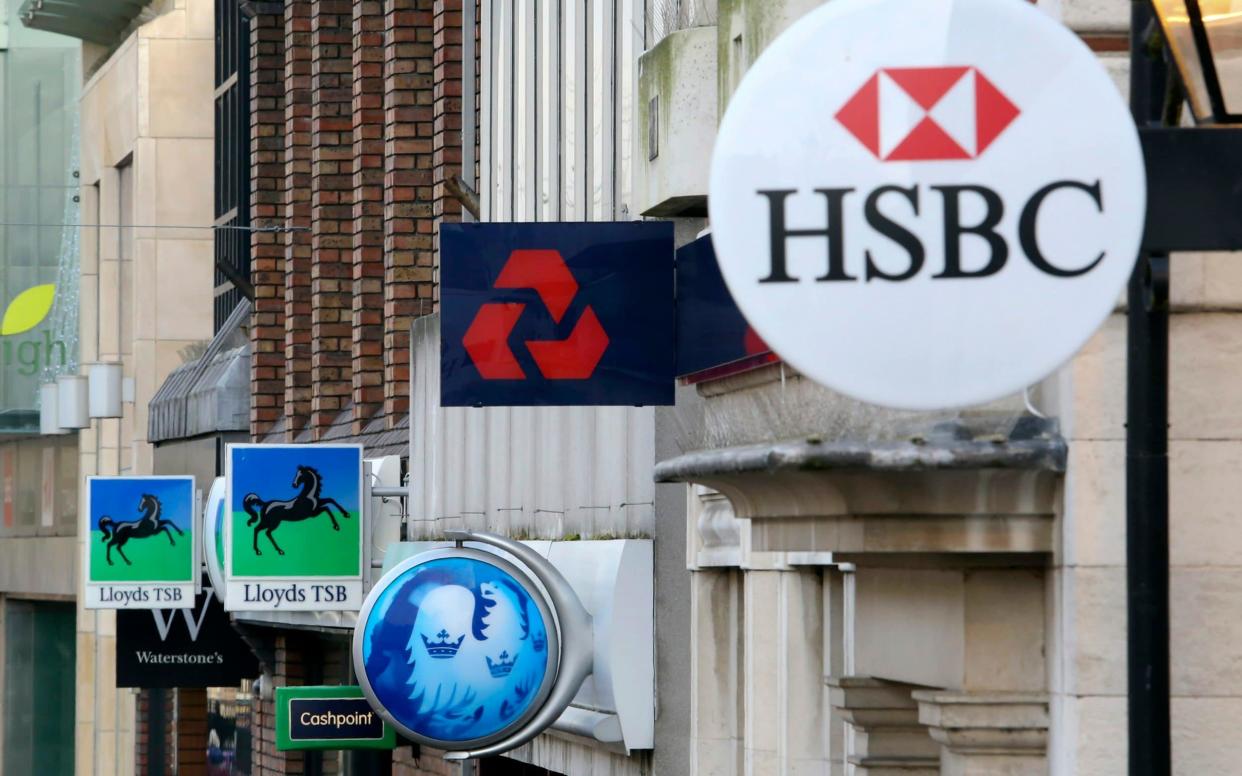Public trust in bankers has doubled in the past five years

Public trust in Britain’s bankers has doubled in the past five years after faith in the profession collapsed following the financial crash.
Two in five Britons now say they would trust a banker to be truthful, according to Ipsos MORI’s Veracity Index which measures public faith faith in key professions.
This is a jump of 20 percentage points compared to 2013 when just 21 per cent of the country said they had trust in the profession.
Ipsos MORI Research Director Gideon Skinner commented: “Confidence in banks is much lower than it was in the decades before the financial crash, but it is showing signs of recovery since then.
“However, the public are still concerned about high bonuses and profits, the role of banks in tax avoidance and mis-selling, and the quality of regulation.”

Bankers took the brunt of the blame following the recession
Faith in the banking sector had crumbled along with the banks themselves after the financial crash in 2008, and in the aftermath the public was forced to bail them out to the tune of £500 billion, quickly followed by a second bailout in early 2009.
This led to a part-nationalisation of the banking sector which meant that the taxpayer now owned stock in many of the major banks.
Much of these publicly owned shares have now been sold back to the market by the Government, many of them at a considerable loss on what they were purchased for.
All of this contributed to a public outcry against the financial sector and bankers in particular, and there have been numerous calls for members of the group to be held accountable.
Major reforms have taken place in the banking sector
Finance and trade association UK Finance maintains that since the financial crash the banking industry has gone to great lengths to reform itself and restore its public image, passing over 80 pieces of legislation in an attempt to make the system more secure and stable.
One of the key major reforms is the requirement that banks must hold a far greater amount of financial capital in reserve than in the past, as much as 10 times more compared with pre-2008.
This will ensure that “the taxpayer never again has to bail out a bank” according to a briefing note from the association.
In addition there is now legal requirement for several major banks to ring-fence their core retail banking services from their investment and overseas activities.
In theory this should prevent a bank’s retail arm from failing even if their investment arm falls into trouble, and help protect consumers. Barclays was the first bank to complete its ring-fencing earlier this year at a cost of around £1 billion.
The Bank of England also runs regular stress tests on the baking system, and according to their results the British banking system could withstand a recession of even greater magnitude than the 2008 crisis if required.
Data from the Ipsos Veracity Index indicates that over the same period of time that these reforms were taking place public trust in bankers has greatly improved, going some way to repairing the sector's shattered reputation.
However the poll suggests there is still room for progress and it's clear the industry isn't out of the woods yet, and there are plenty of controversies still on-going.
Stephen Jones, Chief Executive of UK Finance said: "The banking industry has undertaken significant reform over the past decade to rebuild trust and improve accountability. It is encouraging to see that this work is beginning to pay off.
“However we cannot be complacent and will keep working hard to build a thriving banking and finance industry that always acts in the best interests of consumers, businesses and wider society."
Britain’s healthcare workers are the most trusted group in the country
Doctors and nurses are almost universally trusted by the nation according to the research, with nurses slightly ahead on 96 per cent of the public trusting them compared with 92 per cent for doctors.
Both professions increased their level of trust in comparison to 2017 when they also held the top two spots.

Teachers came in at a close third this year on 89 per cent, indicating that most of the country has faith in the the educators of their youth.
At the opposite end of the spectrum just 15 per cent of people polled said they would trust advertisement executives to tell the truth, making them the least trusted professional group in Great Britain.
They are closely followed by politicians and Government Ministers - groups which traditionally receive low scores - on 19 and 22 per cent respectively.
Meanwhile, priests and the wider clergy are struggling to hold on to the public's faith as their historic downward slide continues - currently three in five Briton's have trust in men and women of the cloth, compared to 85 per cent in 1983.

 Yahoo News
Yahoo News 
